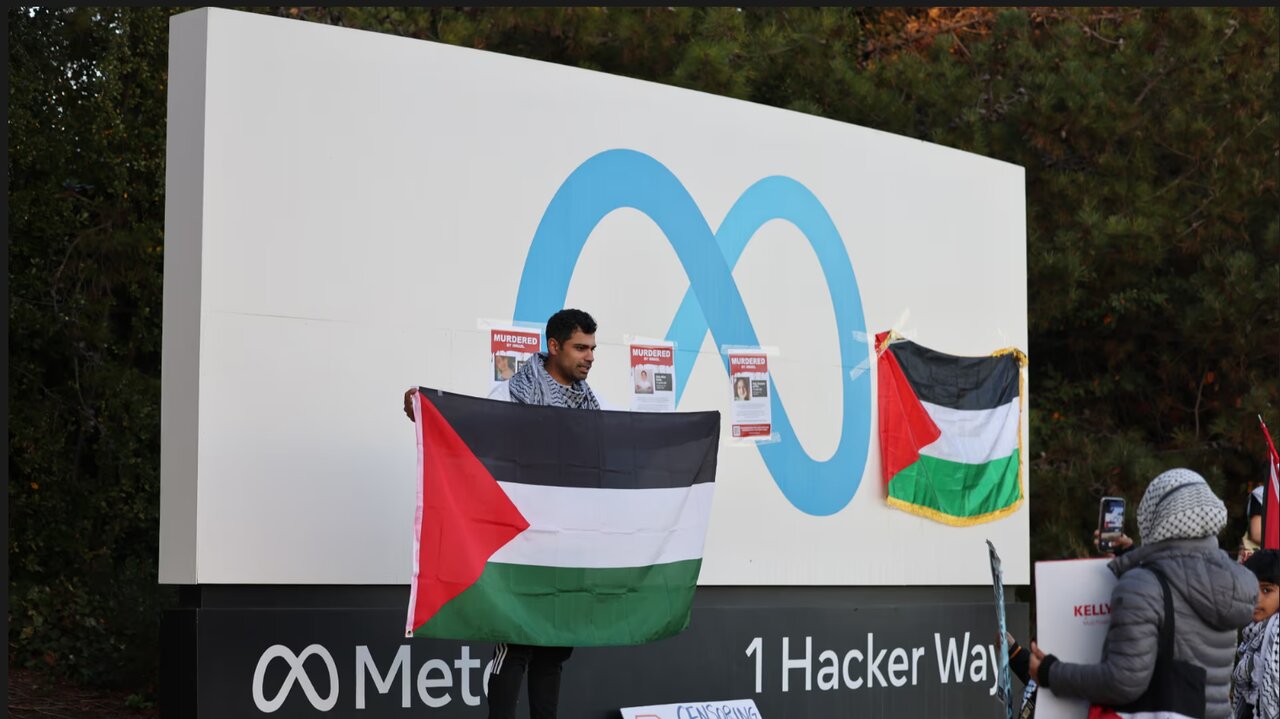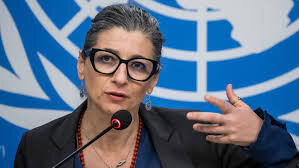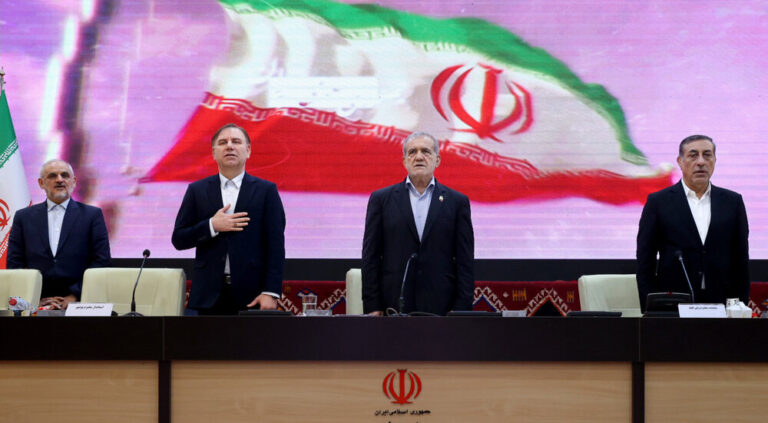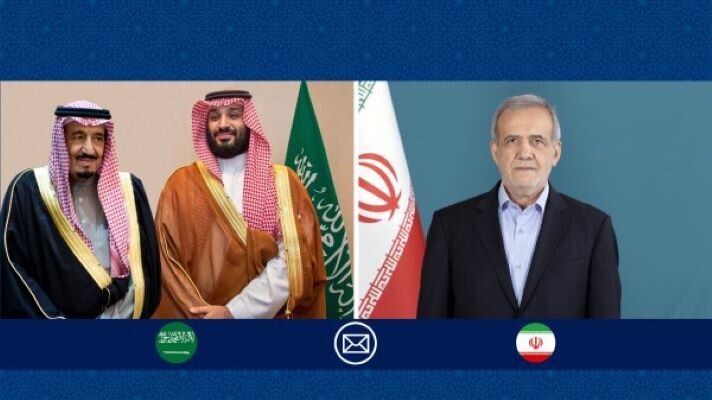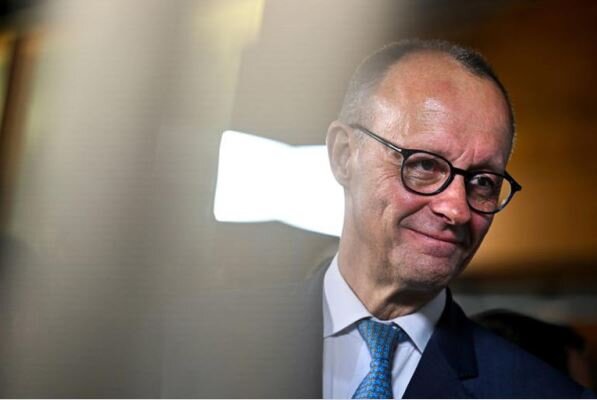Unveiling Meta’s Influence: The Suppression of Palestinian Voices Online
The ongoing digital landscape is experiencing significant upheaval as new revelations regarding Israel’s systematic efforts to block pro-Palestine content on Meta platforms, namely Facebook and Instagram, come to light. This situation has sparked widespread concern and ignited heated debates about freedom of expression, particularly in the context of the ongoing Gaza conflict.
Recent reports from Drop Site News, Al Mayadeen, and The Palestine Chronicle have exposed a coordinated campaign by Israeli authorities to silence dissenting voices. A live blog by The Palestine Chronicle, dated April 12, 2025, highlighted the alarming scope of these efforts, revealing that Meta deleted a staggering 90,000 posts on the same day at Israel’s request. This figure, alongside claims of Israel’s “directly orchestrated” initiatives to suppress pro-Palestine narratives, showcases a disturbing strategy of information control.
Israel’s approach to censorship is particularly noteworthy as it focuses on international dialogue rather than merely targeting domestic narratives. This distinguishes Israel from many other governments, which typically confine their censorship efforts to internal media.
Mechanisms of Control: Collaboration and Automation
The censorship framework in place raises serious concerns regarding the collaboration between Meta and the Israeli government. Rather than merely complying with requests, Meta has actively facilitated a mass censorship campaign, providing Israel with a legal pathway to execute its agenda. This partnership raises questions about Meta’s claimed neutrality and its potential alignment with state objectives.
The integration of artificial intelligence (AI) into censorship practices further amplifies these concerns. Reports indicate that Meta’s AI systems now automatically censor global criticism of Israel, often without human oversight. This automation accelerates content removal but also increases the risk of suppressing legitimate dissent. The lack of transparency regarding the algorithms’ programming and their criteria heightens concerns, particularly regarding potential biases in the training data.
Censorship’s Legal and Ethical Implications
From a legal standpoint, Israel’s censorship initiatives raise critical questions about adherence to international human rights law, especially regarding the right to freedom of expression as outlined in Article 19 of the Universal Declaration of Human Rights. The targeting of pro-Palestine voices, often presenting evidence of alleged war crimes and genocide in Gaza, suggests a deliberate attempt to manipulate public perception of Israel while evading accountability.
The International Court of Justice’s determination that Israel’s actions in Gaza could potentially constitute genocide adds complexity to the ethical discourse surrounding censorship. This raises the possibility that censorship may function as a means to conceal evidence and silence witnesses.
Ethically, it is imperative to scrutinize Meta’s role in this operation. As a private entity, Meta is not bound by the same regulations as governments. However, operating global communication platforms imposes a moral obligation to champion free speech. By prioritizing Israel’s requests over the rights of its users, Meta appears to adopt a double standard that undermines trust in its services.
Israel’s Digital Wall on Meta
The Israeli censorship activities on Meta platforms set a dangerous precedent for digital freedom. Through its partnership with a major technology corporation, Israel has established a sophisticated digital barrier that restricts information flow and suppresses dissent with unparalleled intensity. The use of advanced technologies, including AI, by state and private entities for mass surveillance and censorship is becoming a standard practice, extending beyond the Israeli-Palestinian conflict.
The revelations concerning Meta’s involvement in facilitating Israeli censorship emphasize the urgent need for accountability, transparency, and content moderation policies that uphold user rights. As social media platforms remain vital for political engagement and information dissemination, ensuring digital rights and freedom of expression must remain a top priority.
Call to Action
To confront this pressing issue, it is essential for international organizations, civil society, and technology companies to hold both Israel and Meta accountable. Proposed measures include:
- Enhancing transparency in content moderation policies
- Conducting independent audits of AI systems
- Pursuing legal challenges against extraterritorial censorship
Furthermore, journalists and activists must continue to challenge the boundaries of these practices to protect the integrity of free speech.
